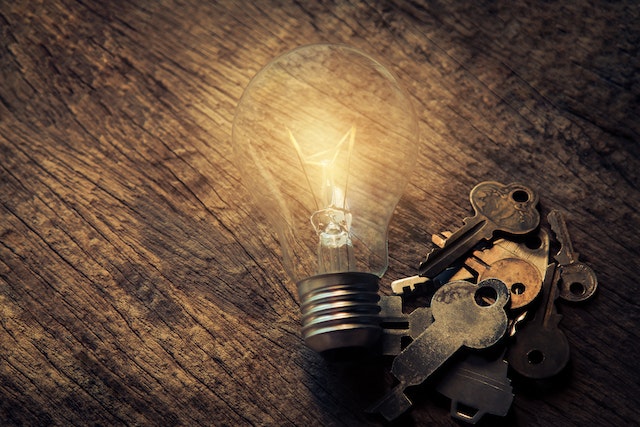Not your keys, not your crypto
Posted on January 15, 2023 • 2 minutes • 399 words
You’ve probably heard the phrase “not your keys, not your crypto” before. It’s a popular saying in the cryptocurrency world that refers to the importance of keeping control of your own tokens and coins. If you don’t have access to your private key, you can’t access your cryptocurrency holdings and thus, you don’t really own it. This is why it’s so important to keep track of your keys and make sure they are safe and secure. In this blog post, we will discuss some tips for keeping your keys safe and preventing them from being stolen or lost.
One of the most important things to remember when it comes to your keys is that you should never share them with anyone. Not even your closest friends or family members. Your private key is just that - private. If someone else gets a hold of it, they could potentially access and spend your cryptocurrency holdings without your permission. So make sure you keep it safe and secure at all times.
Another thing to keep in mind is that you should avoid storing all your cryptocurrencies on an exchange or online wallet. These platforms are often hacked and your assets could be stolen if the platform is compromised. Instead, you should store them in a cold storage wallet like a hardware wallet or paper wallet. This way, even if your preferred exchange is hacked, your coins will be safe and secure.
Finally, remember to back up your keys in multiple locations. This way, if you lose access to one copy, you can always retrieve it from another location. And don’t forget to use strong passwords and two-factor authentication whenever possible. By following these simple tips, you can help keep your keys safe and secure at all times. So make sure you remember “not your keys, not your crypto.”
Following these tips will help you keep your keys safe and secure at all times. Remember, if you don’t have control of your keys, you don’t have control of your cryptocurrency. So make sure to take the necessary steps to protect them. Thanks for reading!
P.S. If you found this blog post helpful, be sure to check out our other blog posts on cryptocurrency security and safety. We cover everything from how to keep your coins safe to what to do if you think your account has been hacked. Stay safe out there!

